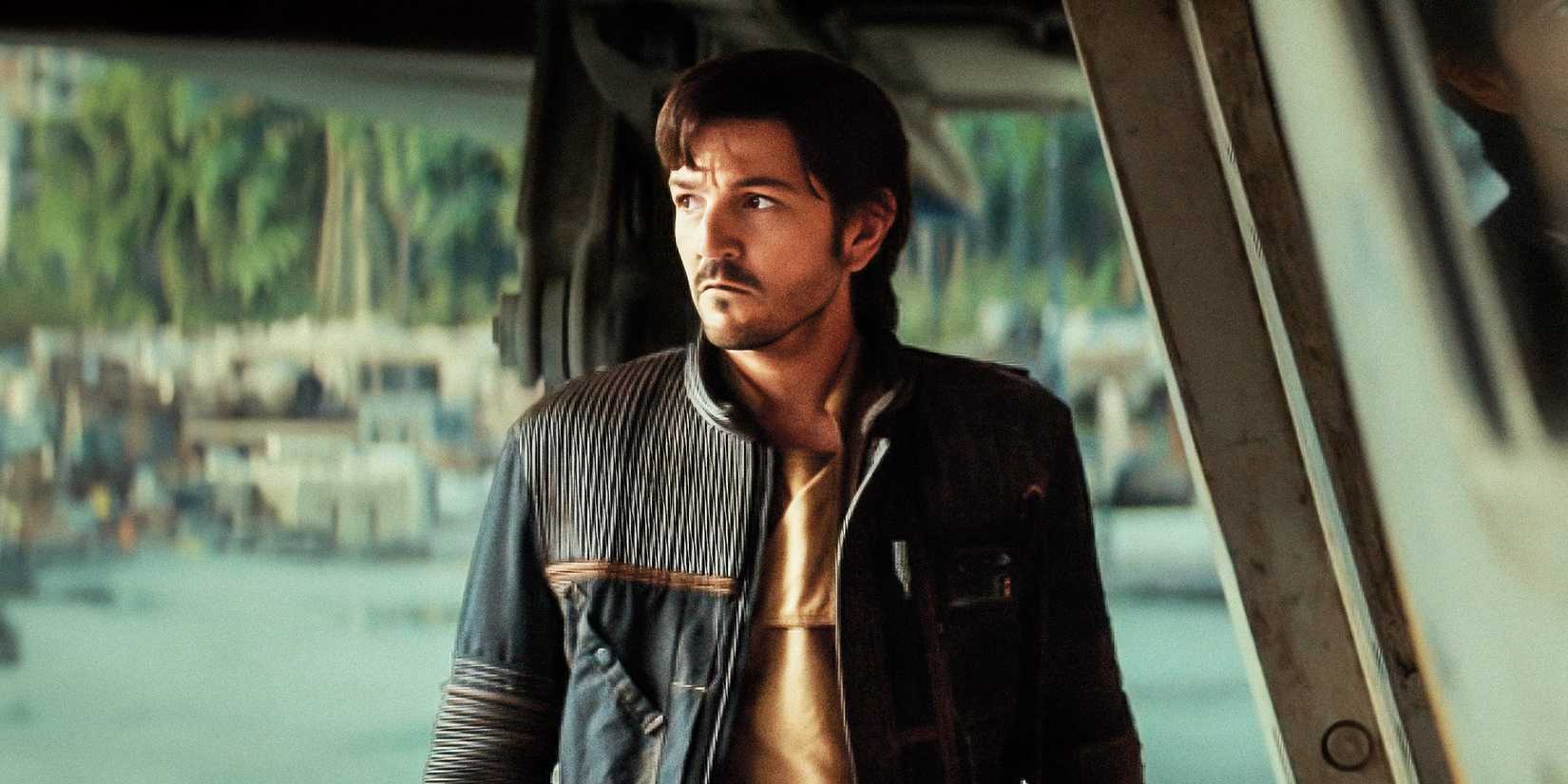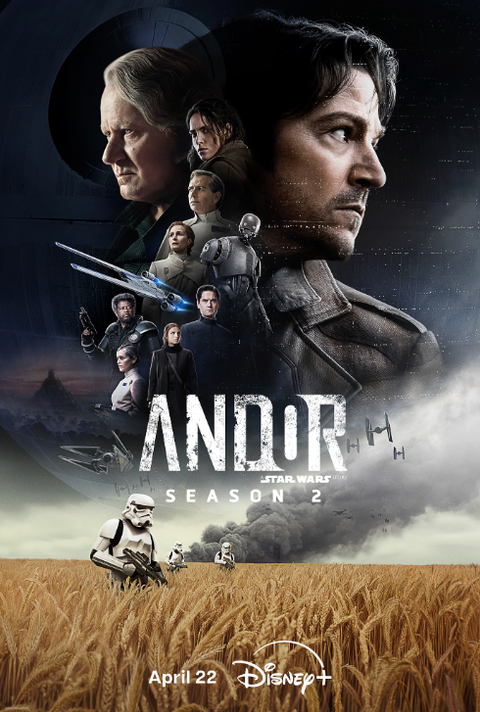One Andor director admits that he was asked to avoid watching previous Star Wars projects. Coming after Rogue One: A Star Wars Story, Andor was originally derided by audiences, who showed little interest in a TV show about a supporting character in a successful but disappointing prequel. After its release, however, it achieved critical acclaim remarkably quickly.
Creator Tony Gilroy and leading man Diego Luna helped to bring the franchise to the forefront of the universe by focusing on the rebels, as opposed to warring Jedi. It introduced a new perspective that was generally underexplored prior to Andor‘s release. It was so acclaimed that the show earned 22 Emmy nominations across both seasons.
In an interview with The Playlist, Andor director Janus Metz explained that the show had a unique approach, compared to other Star Wars projects. After speaking with Gilroy and an executive producer, Metz was outright asked to avoid watching other Star Wars spin-offs, as it would interfere with Gilroy’s vision. Check out his quote below:
“Yeah, sure, I’m interested,” and I had an interview with Tony and executive producer Sanne Wohlenberg. I loved everything they were saying about what they were trying to do with Andor. This was before season one came out. I said, “Look, I haven’t seen all the spinoffs,” and Tony said, “No, no, don’t watch anything. This is something else. Don’t watch anything, because it will just give you the wrong idea.” With all respect to what’s been made, he really wanted to take Andor in a different direction. He framed it as the Ken Loach version of Star Wars.
What This Means For Future Star Wars Projects
Andor was undoubtedly a one-of-a-kind work. It was critically acclaimed, earning a 96% Tomatometer score on Rotten Tomatoes and an 89% Popcornmeter score. ScreenRant‘s Lewis Glazebrook called the show “the best in Star Wars’ long history“, explicitly stating that it managed to outperform decades of content.
Unlike the other productions, which generally feature a larger-than-life atmosphere, ample appearances by Jedi, and a traditional hero’s journey, Andor was relatively smaller in its scope. It featured a series of arcs, which each depicted the reality of everyday rebels in a protracted conflict. It abandoned Star Wars‘ traditional fantastical atmosphere for a grounded reality.
If a show could be that successful by asking its directors to ignore what came before, then that approach could begin to color future installments in the franchise. Directors may cast aside standard filming styles in favor of adapting a more modern approach. Given that the franchise is fashioned after a 1977 movie, that is a significant change.
Disney is currently developing multiple Star Wars movies, including The Mandalorian & Grogu, Star Wars: Starfighter, a Rey Skywalker sequel film, multiple trilogies, and several prequels. Given the vast time range between these projects, different approaches could be adopted for these productions, just as they were for Andor.
Our Take On Andor’s Unique Approach
It can be difficult to argue against proven results. Andor was undoubtedly a fresh and interesting take on the wider Star Wars universe that reinvented the general audience’s perception of the franchise. It turned an overlooked character into a staple in the franchise, and it even helped to bring some love to the much-reviled Rogue One: A Star Wars Story.
While it is tempting to argue that every project should adopt that same outlook, it would be an overcorrection. Andor may have been highly successful, but it is only one project. If future movies and shows adopt that strategy and succeed, then it may be worth pursuing with all the releases.
As it stands, however, Disney should be cautious with its approach. Directors should still look to what made the original Star Wars movies compelling, while also modernizing the franchise in the same way that Andor did. In doing so, these movies and shows can achieve new heights and help to build the next generation of loyal viewers.







